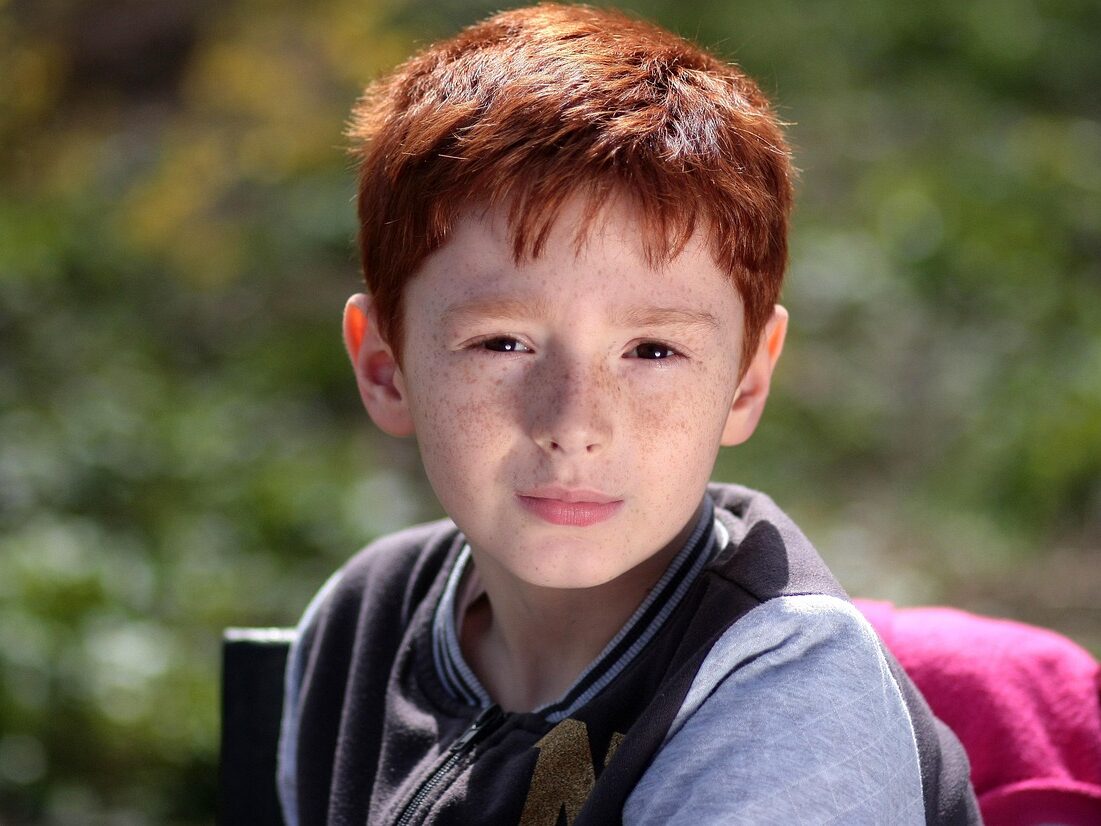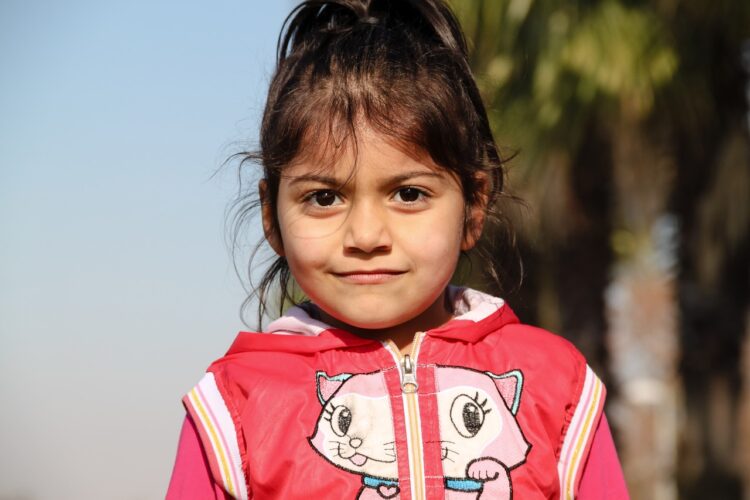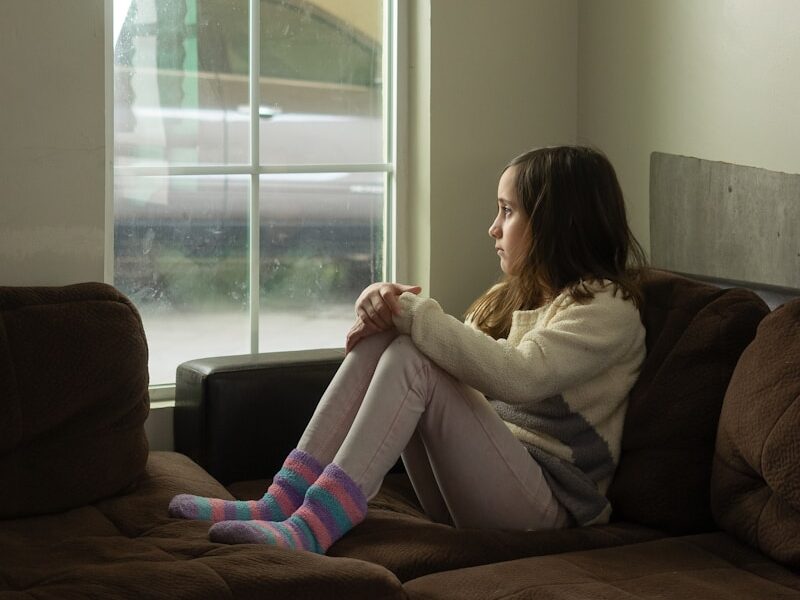
The bond between grandparents and grandchildren can be one of the deepest and most lasting connections in a child’s life. But even with love and good intentions, certain habits and choices can slowly erode that closeness. Grandkids grow up fast, and what they remember isn’t just how often you were around—it’s how they felt around you. These are some of the things that quietly strain those relationships over time.
Showing obvious favoritism.

Kids notice more than people think. When one grandchild gets the longer hug, the bigger gift, or more attention at the dinner table, it doesn’t go unnoticed. What feels small in the moment can leave a lasting mark. Even if the intent isn’t malicious, the message comes through loud and clear. Being the “forgotten” grandkid creates distance that’s hard to close, no matter how much love is shown later.
Criticizing their parents.

It may seem harmless to comment here and there, but when grandparents speak negatively about a child’s mother or father, it creates tension. Children often feel caught in the middle, unsure of whom they can trust. Even the smallest remarks can sow seeds of confusion or guilt. It’s not about pretending everything’s perfect but about protecting the child’s sense of security in their family dynamic.
Forcing old traditions without flexibility.

Traditions are meant to bring people together, but if they’re forced, they do the opposite. When a grandchild feels like they’re disappointing someone just for being different, the whole ritual starts to feel heavy. Maybe they don’t want the same food, wear the same outfit, or follow the same routine. That doesn’t mean they don’t care. Letting go of “how it’s always been” makes space for something new, and maybe something even better.
Ignoring their interests.

It’s easy to talk about the things you know and love, but relationships are built by showing interest in what they care about, too. If every conversation circles back to “when I was your age,” it can feel like there’s no room for their world to matter. Whether it’s video games, music, or things you don’t understand, showing curiosity means more than most realize. Dismissing their passions drives a quiet disconnection.
Telling outdated or hurtful jokes.

Sometimes a joke that once got laughs now lands with silence, or worse, discomfort. What felt harmless back then might sound sharp or awkward now. Humor should bring people closer, not make them brace themselves. If you notice them shrinking after the punchline, it might be time to stop and ask if the laughter still feels good to both of you.
Only reaching out on holidays.

If the only calls or messages come around birthdays or Christmas, the relationship starts to feel transactional. Grandkids, especially as they grow older, sense when someone’s presence is based on obligation instead of genuine interest. Regular check-ins—even simple ones—show that the bond matters all year, not just when it’s expected. It doesn’t take much, but the absence of effort becomes loud with time.
Bringing up weight or appearance.

Comments about how much weight a grandchild has gained, lost, or should lose often stick longer than intended. Even if it’s framed as concern, it can feel like judgment. Grandkids may start to avoid visits or feel self-conscious in family spaces. Relationships built on love shouldn’t hinge on someone’s body. If they feel watched instead of welcomed, they start pulling away long before they say anything out loud.
Disregarding their boundaries.

As kids get older, they start forming their own opinions, preferences, and limits. If a grandparent pushes past those lines—insisting on hugs, prying into private matters, or ignoring emotional signals—it sends the message that their comfort doesn’t matter. Respecting boundaries doesn’t weaken the bond; it strengthens trust. When grandkids feel safe being themselves around you, the connection has room to grow deeper.
Turning everything into a life lesson.

It’s tempting to use every moment as a teaching opportunity, but constant advice can wear thin fast. Sometimes, grandkids just want to share something without being corrected or counseled. When every story gets met with a lecture, they stop telling stories. The best lessons often come when you listen first and talk later. Silence, sometimes, is what keeps the door open for connection.
Getting stuck in comparisons.

Saying things like “Your cousin made the honor roll” or “Your mother never acted like this” might come from a place of pride or concern, but it rarely lands well. Comparisons chip away at self-esteem and create resentment. Every grandchild is different, and they don’t need to compete for approval. Feeling measured against others makes it harder to feel accepted as they are, which turns even loving homes into uncomfortable spaces.
Failing to respect their identity.

Whether it’s their gender, orientation, beliefs, or personal style, when a grandchild opens up about who they are, the reaction they get matters deeply. Dismissing or ignoring that part of them doesn’t just strain the relationship, but it can also break it. Even if it’s unfamiliar or uncomfortable, choosing respect and curiosity over judgment keeps the connection alive.
Using guilt as a tool.

Remarks like “You never visit anymore” or “You used to call more often” might be meant to express longing, but they can come off as emotional pressure. Guilt doesn’t bring people closer—it pushes them away. Grandkids grow up, get busy, and develop lives of their own. What keeps them connected isn’t obligation—it’s the warmth they remember. Guilt makes the bond feel like a chore instead of a choice.
Treating them like they’re still five.

It’s easy to remember the child version of your grandkid, but if you never let go of that image, it can be frustrating for them. As they grow into teenagers or adults, they want to be treated accordingly. Still talking to them like they’re in kindergarten, or dismissing their opinions because “they’re just kids,” builds a silent wall. Respecting who they are now helps them feel seen, not smothered.
Not apologizing when wrong.

Being older doesn’t mean being right all the time. When a grandparent says or does something hurtful, refusing to acknowledge it sends a message that their feelings don’t count. A simple, sincere apology goes a long way. It doesn’t make you weak—it makes you human. When grandkids see that you’re willing to take responsibility, it teaches them trust, maturity, and what love looks like in real life.
Trying to buy their affection.

Gifts are lovely, but they don’t replace time, attention, or emotional presence. When every visit comes with a new toy or envelope, but no real conversation or effort to connect, the relationship starts to feel shallow. Grandkids might smile and say thank you, but what they remember most is how they felt—not what they got. Presence lasts longer than presents, and that’s what truly builds a lasting bond.

